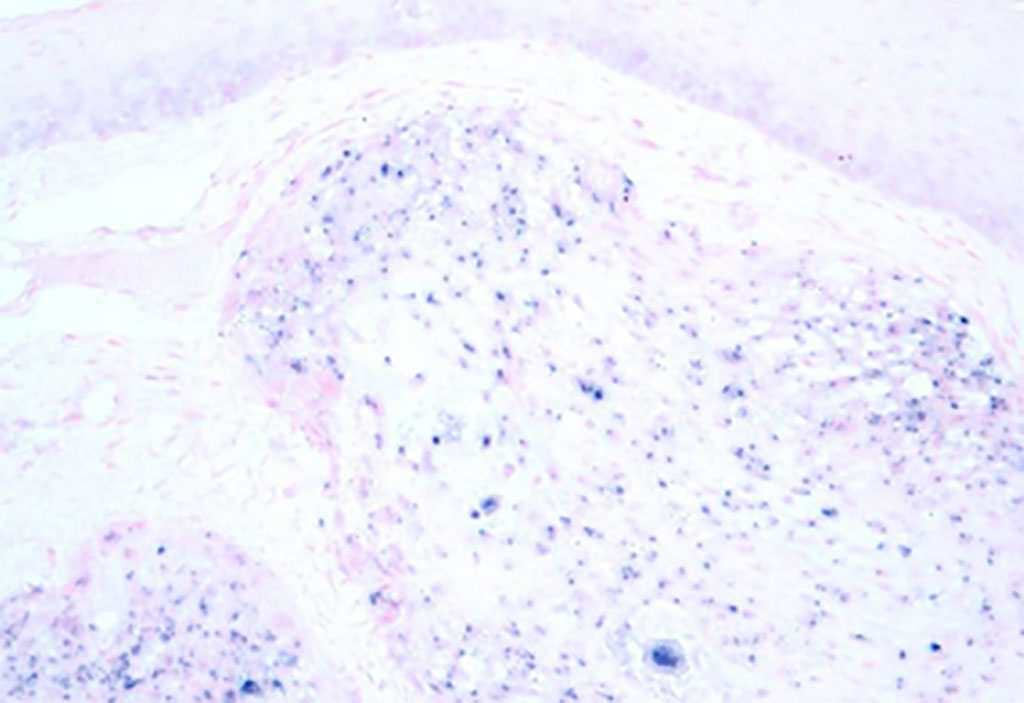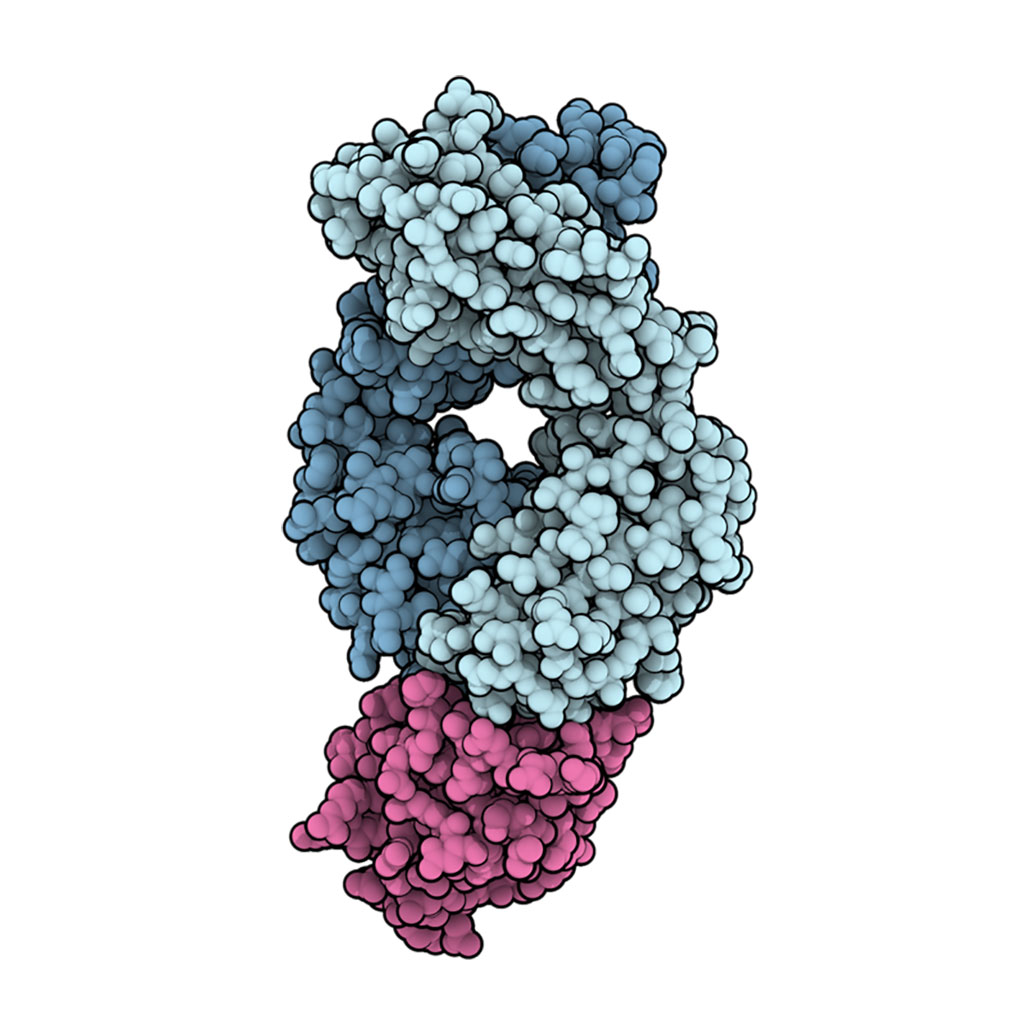Molecular Diagnostics



Protein Biomarker Blood Test Accurately Detects Alzheimer’s Disease
A 19-protein biomarker panel distinguished Alzheimer’s disease (AD) patients from healthy individuals with greater than 96% accuracy and differentiated among the early, intermediate, and late stages of AD while monitoring the progression of the disease. More...07 Jul 2021

Sensitive PCR Test Predicts Treatment Response in Metastatic Head and Neck Cancers
A recently developed droplet digital PCR (ddPCR)-based assay for circulating tumor DNA (ctDNA) from human papillomavirus HPV16 (which is responsible for almost 90% of HPV-positive oropharyngeal cancers) predicts treatment response in metastatic human papillomavirus related (HPV+) oropharyngeal squamous cell carcinoma (OPSCC). More...06 Jul 2021

Blood-based Liquid Biopsy Test Accurately Detects More Than Fifty Types of Cancer
Results from a clinical study confirmed that a noninvasive liquid biopsy-based blood test could accurately detect more than 50 types of cancer and could be used as a multi-cancer screening test among individuals at higher risk of the disease, including asymptomatic individuals aged 50 years or older. More...05 Jul 2021


A Nanowire-based Liquid Biopsy Method for Detection of Tumors of the Central Nervous System
Researchers have developed a sterilizable nanowire-based device that can efficiently extract urinary microRNAs (miRNAs) and used it as the basis of a liquid biopsy method to detect tumors of the central nervous system (CNS). More...30 Jun 2021
In Other News
The OncoMasTR Test Accurately Identifies Risk of Breast Cancer Recurrence
Highly Sensitive Molecular Test Detects Cases of Tuberculosis
Serum Thrombospondin 2 Identified as Biomarker for Patients at Risk of Nonalcoholic Fatty Liver Disease
Genetic Variants Associated with Unexplained Sudden Cardiac Death
CtDNA Analysis Assesses Early Relapse Detection in Colorectal Cancer
Liquid Biopsies Detect Pediatric Bone Tumors Based on Epigenetic Profiles
Genomic Differences Cause Racial Disparities in Prostate Cancer
Plasma Levels of Neurofilament Light Chain Protein Accurately Identify Neurodegenerative Disease Patients
A Mucin Protein Is a New Prognostic Biomarker for Chronic Obstructive Pulmonary Disease
Low-Cost Transcriptional Diagnostic Accurately Categorizes Lymphomas
Circulating Tumor DNA Following Surgery Predicts Colorectal Cancer Recurrence
Familial Hypercholesterolemia Tends to Slip Past Genetic Tests
Personalized CtDNA Analysis Detects Minimal Residual Disease
Blood MicroRNA Biomarker Distinguishes Myocarditis from Myocardial Infarction
A Novel Liquid Biopsy Technique for Diagnosis of Cancers in Children
Analytic Validation and Clinical Utilization of Comprehensive Genomic Profiling Test
Colorectal Cancer Relapse Predicted by ctDNA Clearance
Urinary Interleukin-8 May Be the Ultimate Bladder Cancer Biomarker
Plasma-Based Algorithm Accurately Predicts Likelihood of Developing Alzheimer’s Disease
Jagged Ends of Urinary Cell-Free DNA Assessed in Bladder Cancer Detection
Early Warning Biomarker Proteins Appear Years or Decades Before Alzheimer’s Disease Symptoms
Non‐Invasive Urine Markers Differentiate Renal Cancer from Oncocytoma
Measurement of Oxidized Serum Albumin for Diagnosis of Diabetic Kidney Disease
Genetic Testing channel of LabMedica brings the latest in molecular genetics, cytogenetics, and epigenetics, and methods from PCR to FISH, and more.










